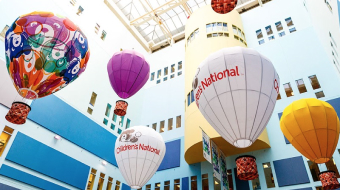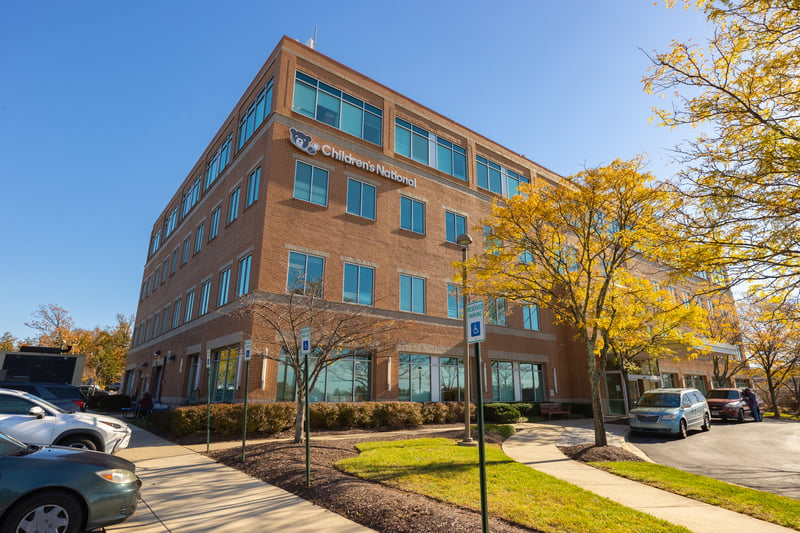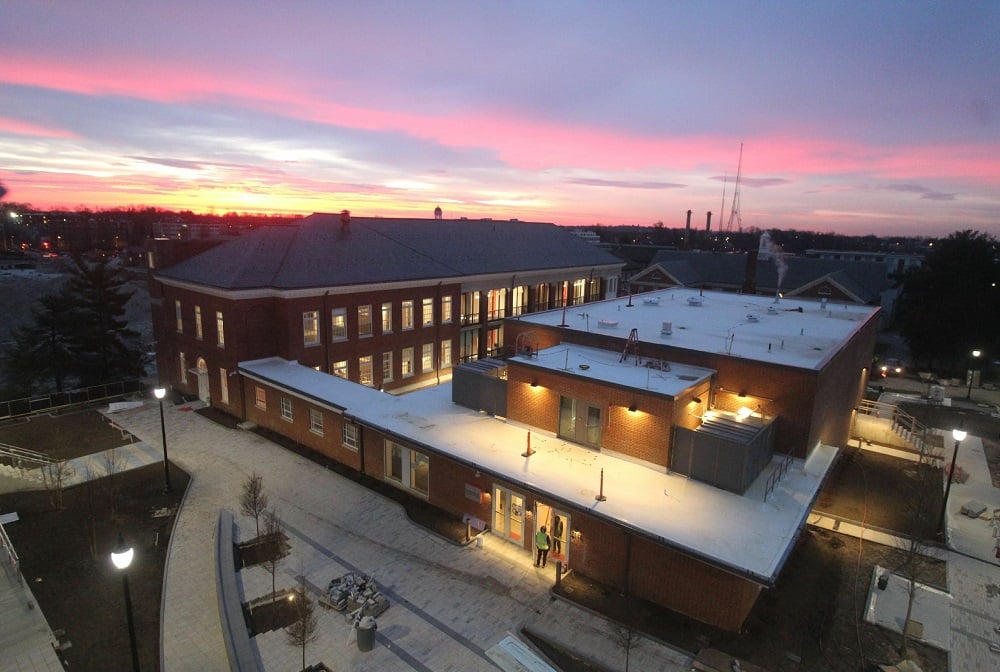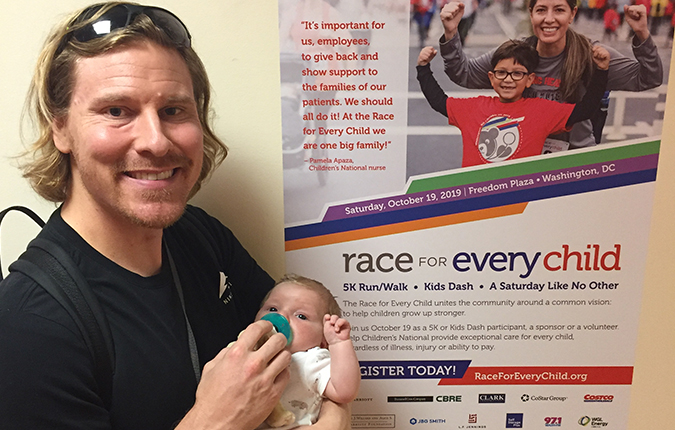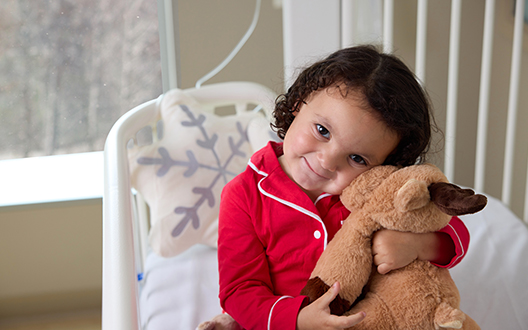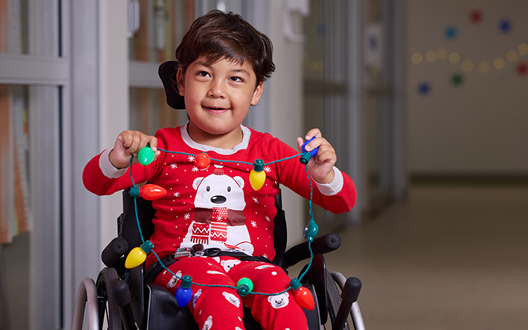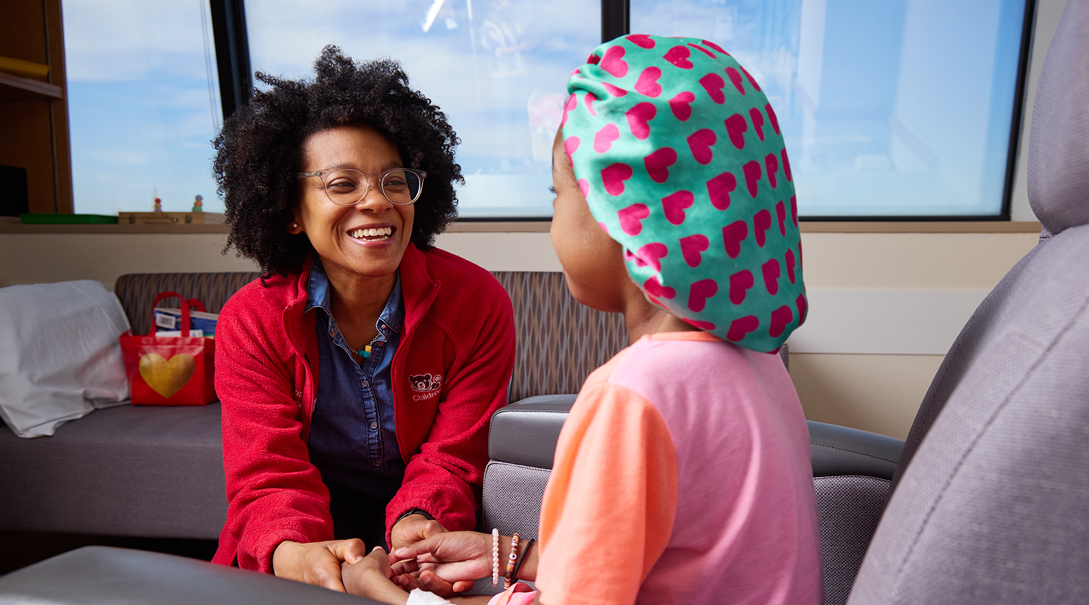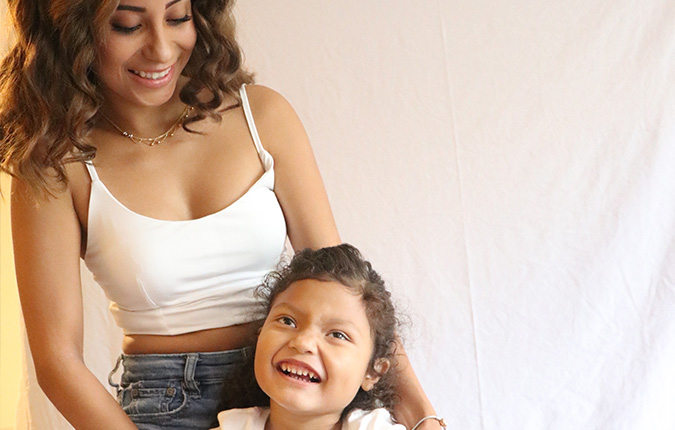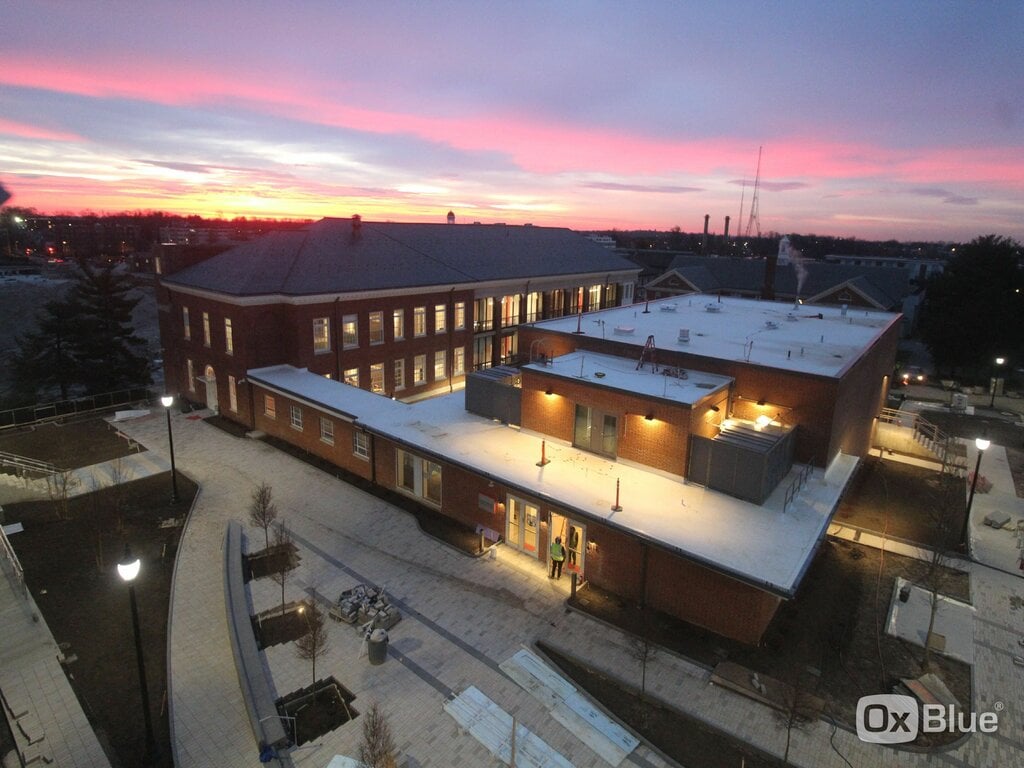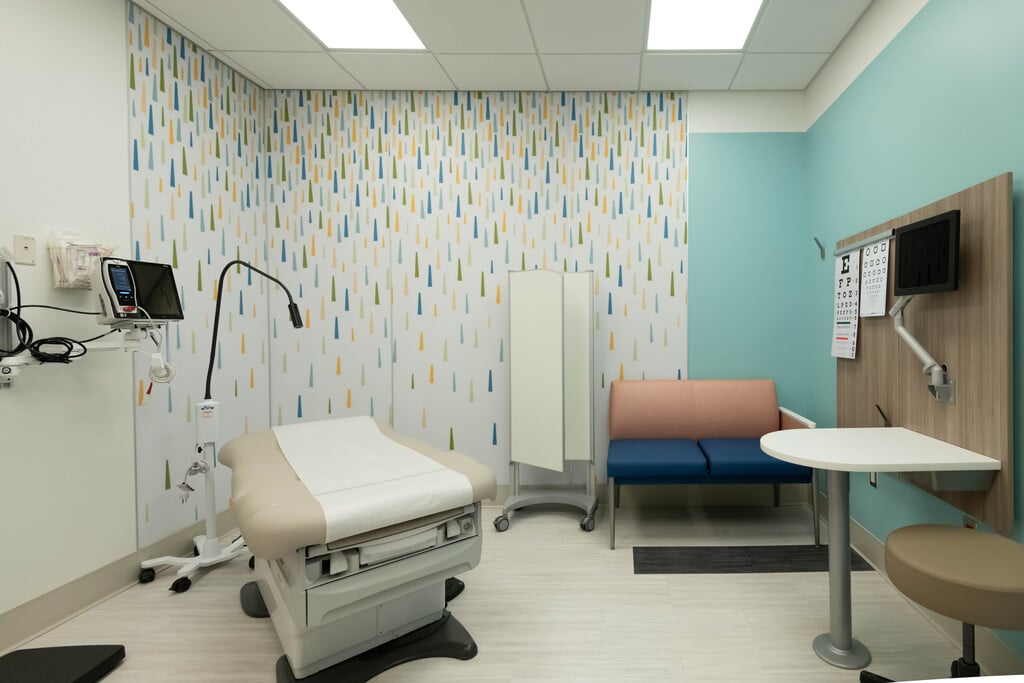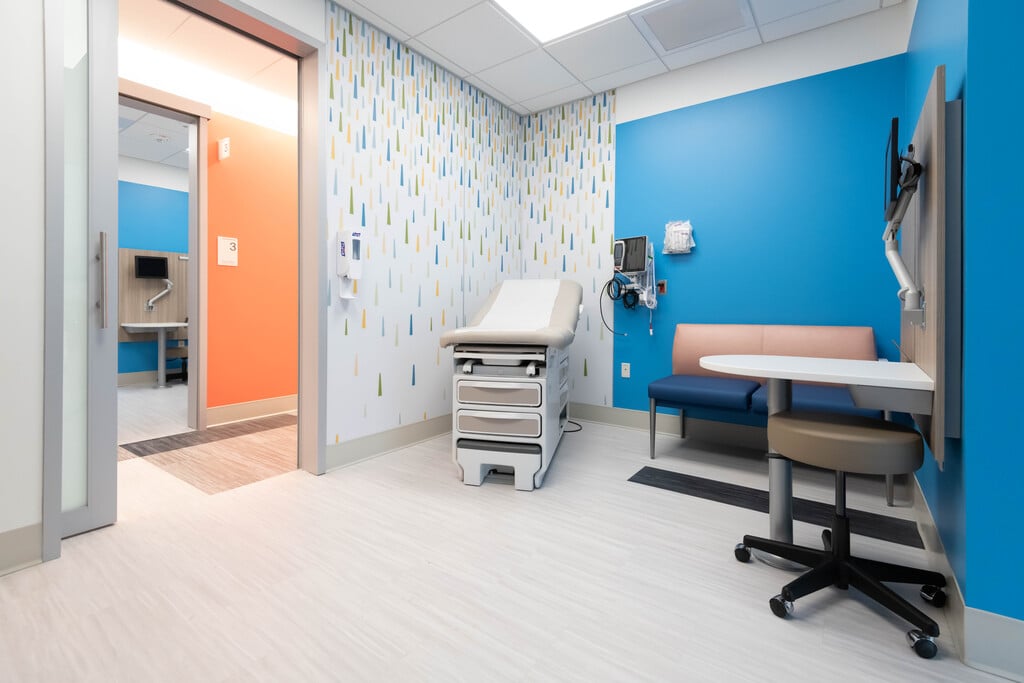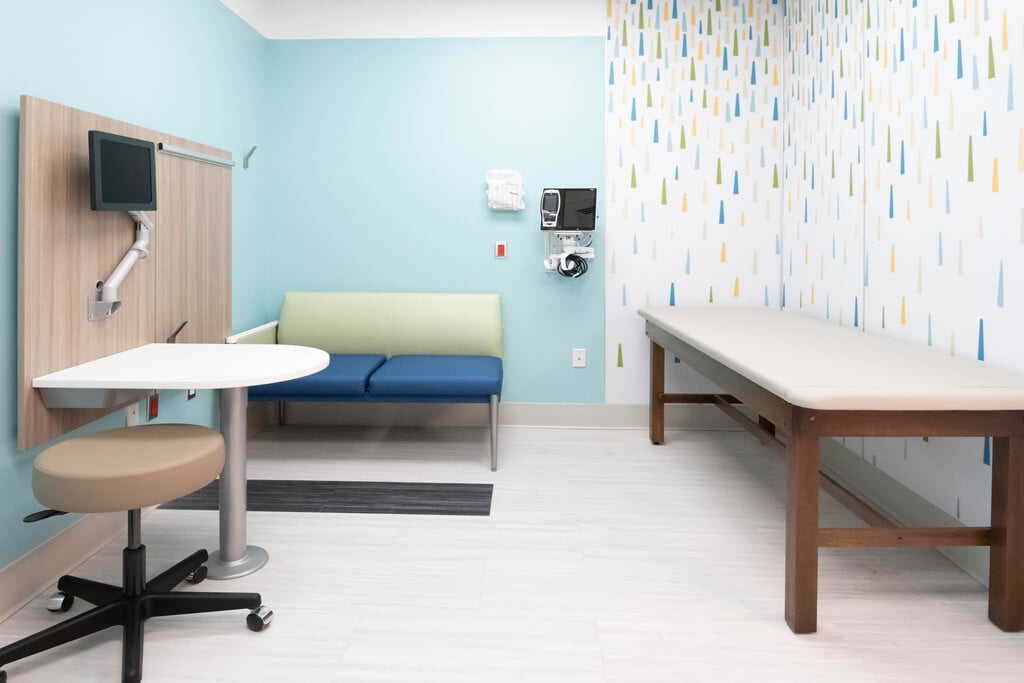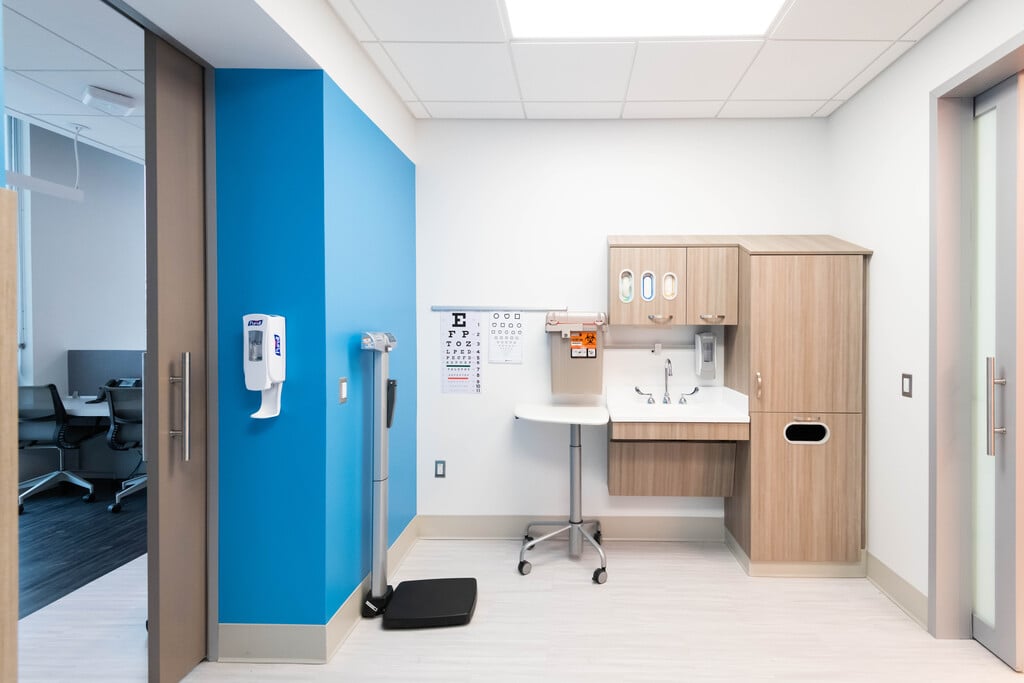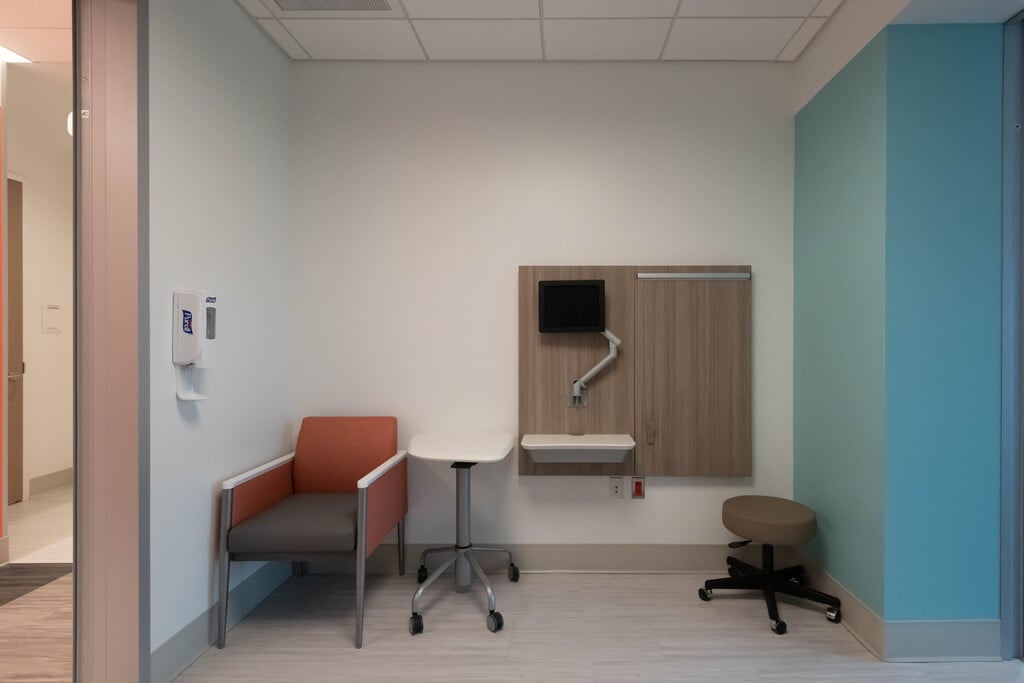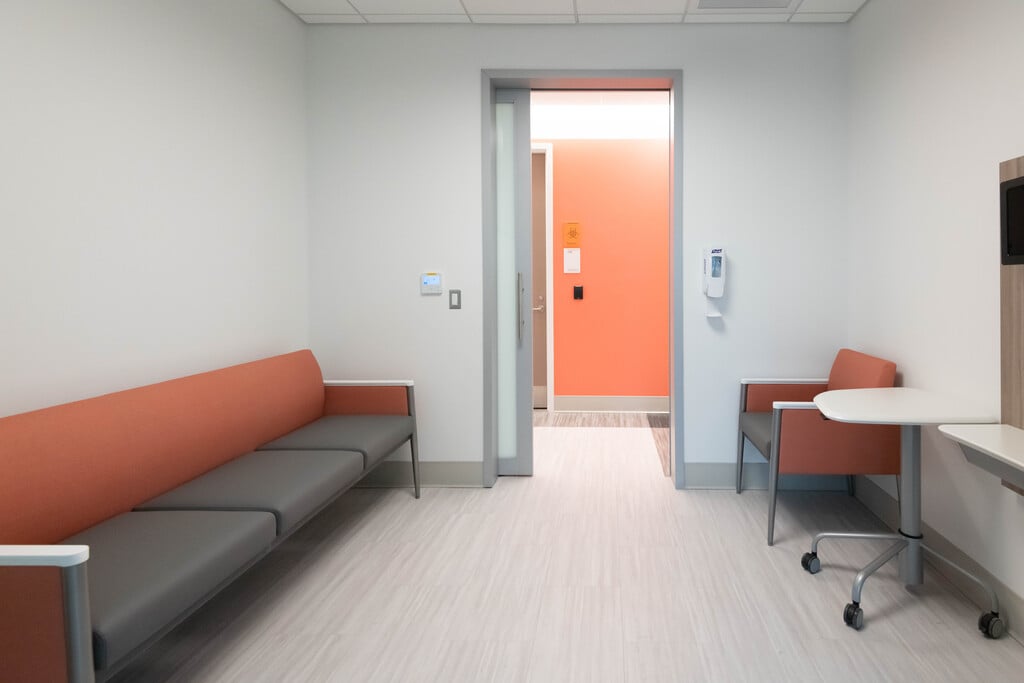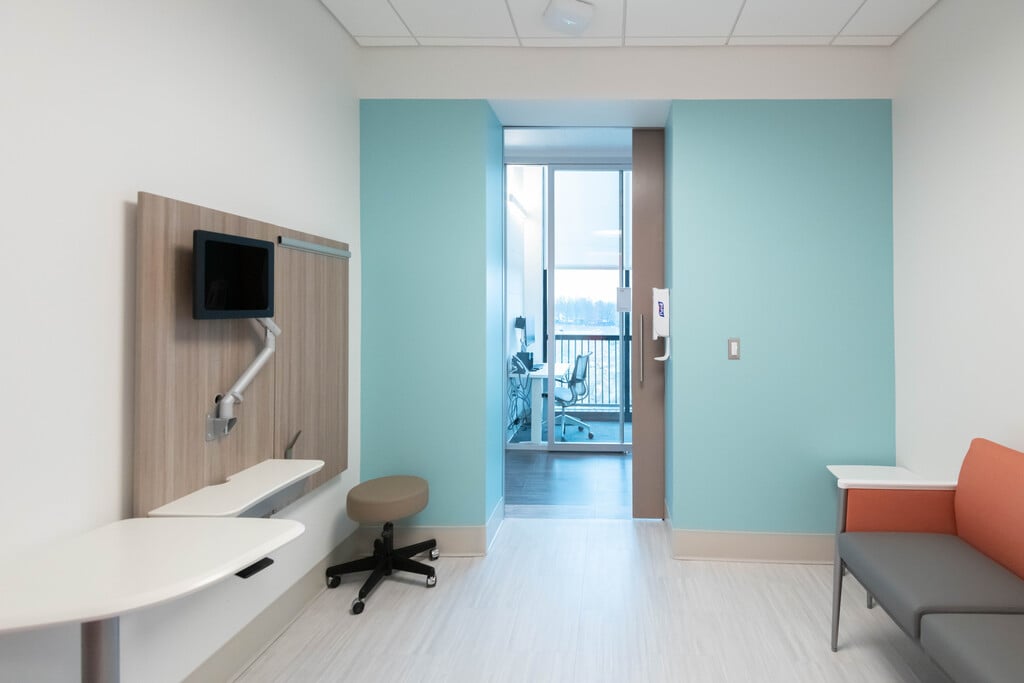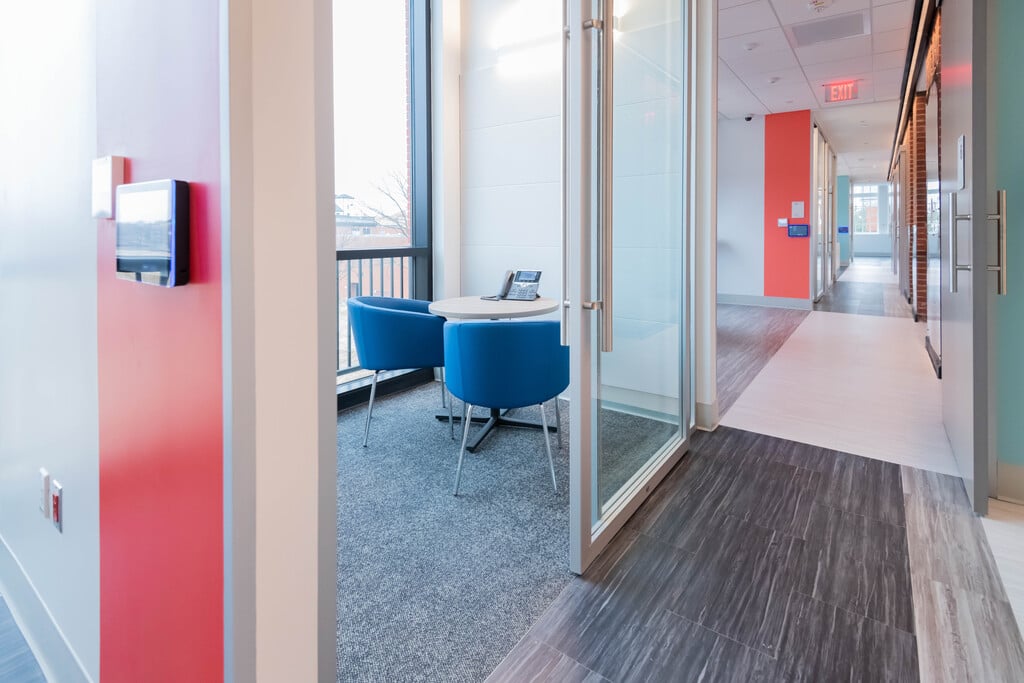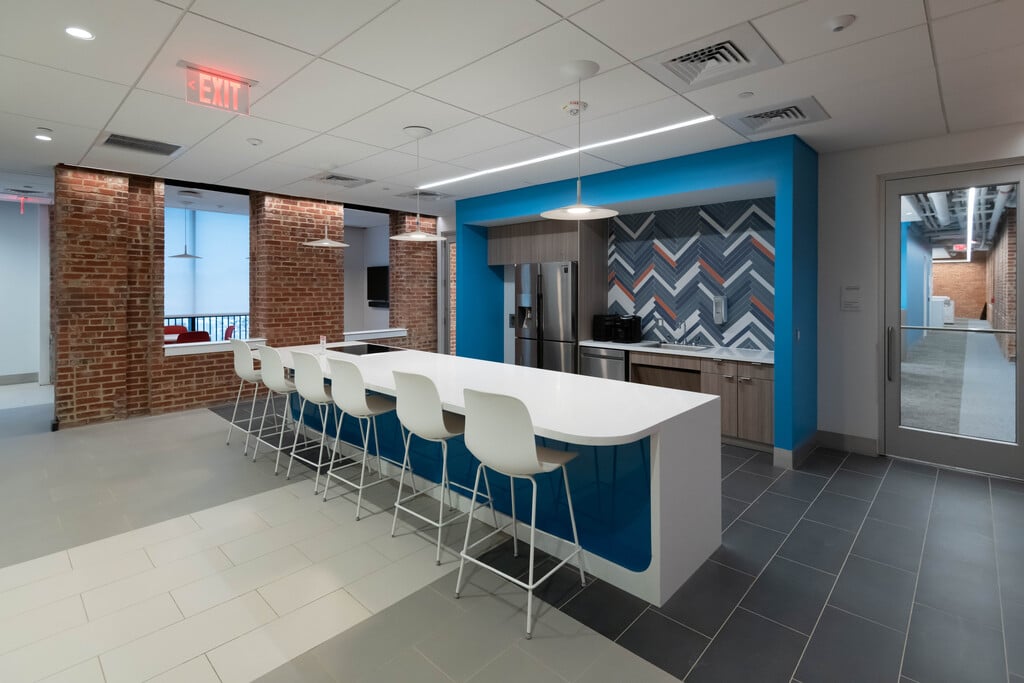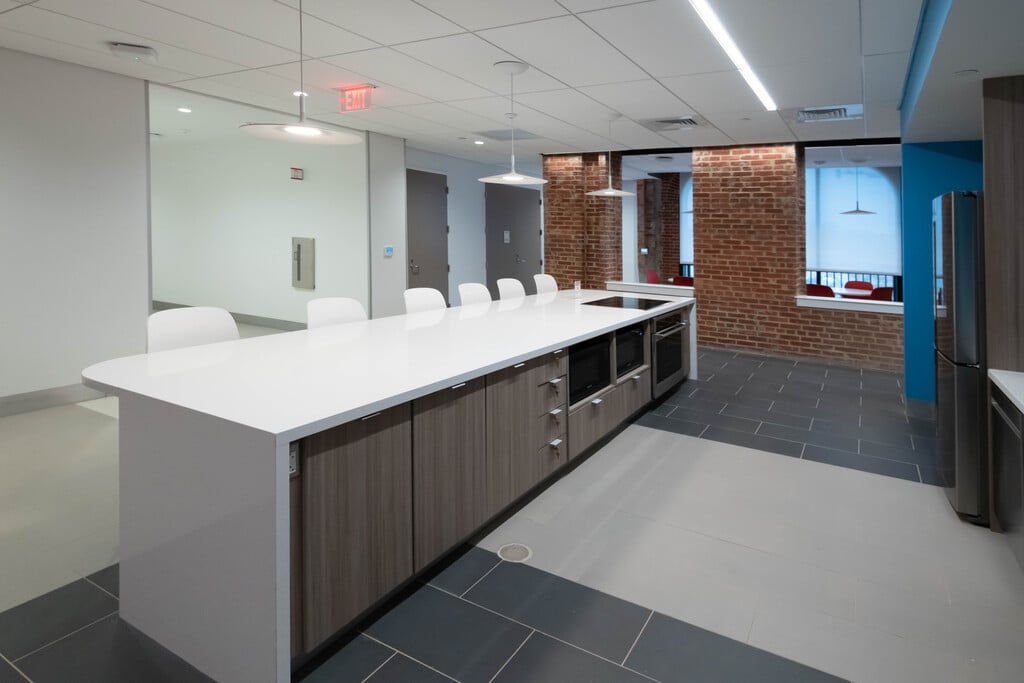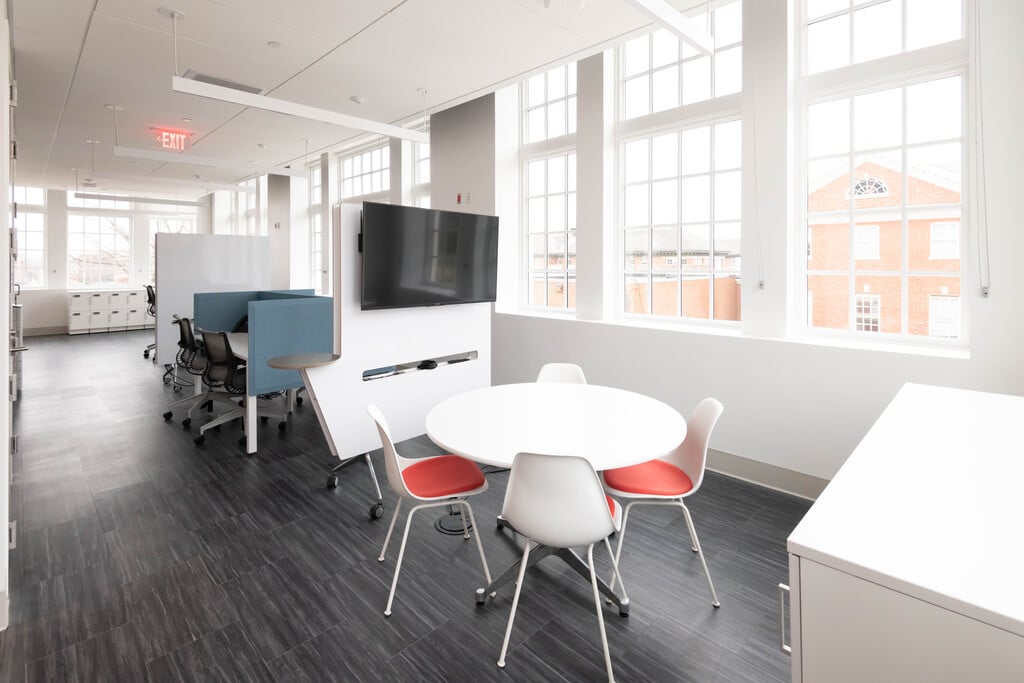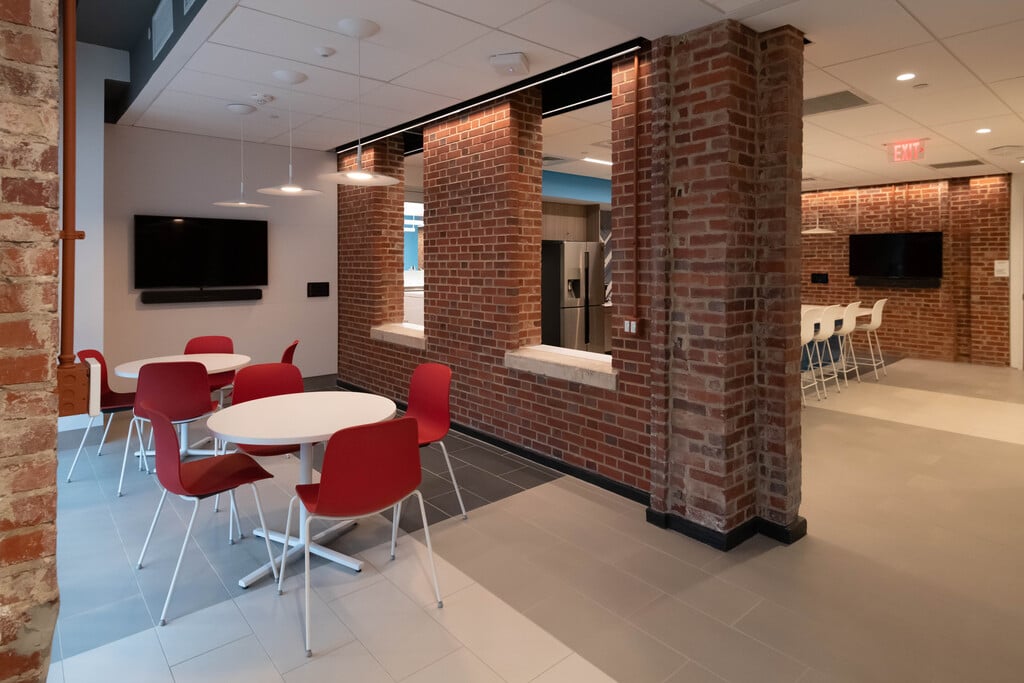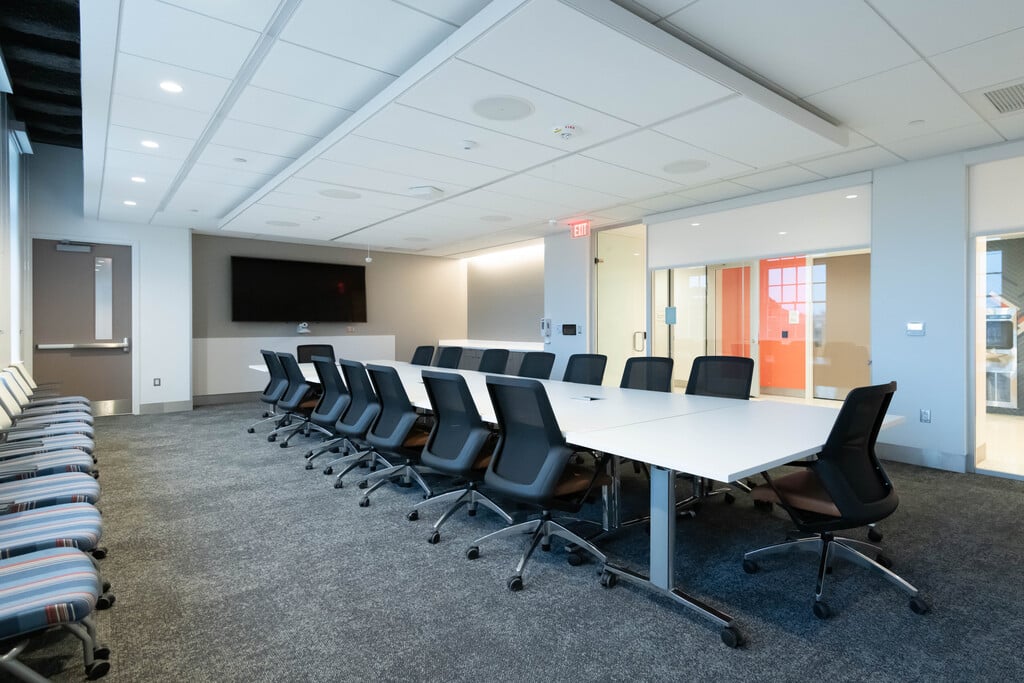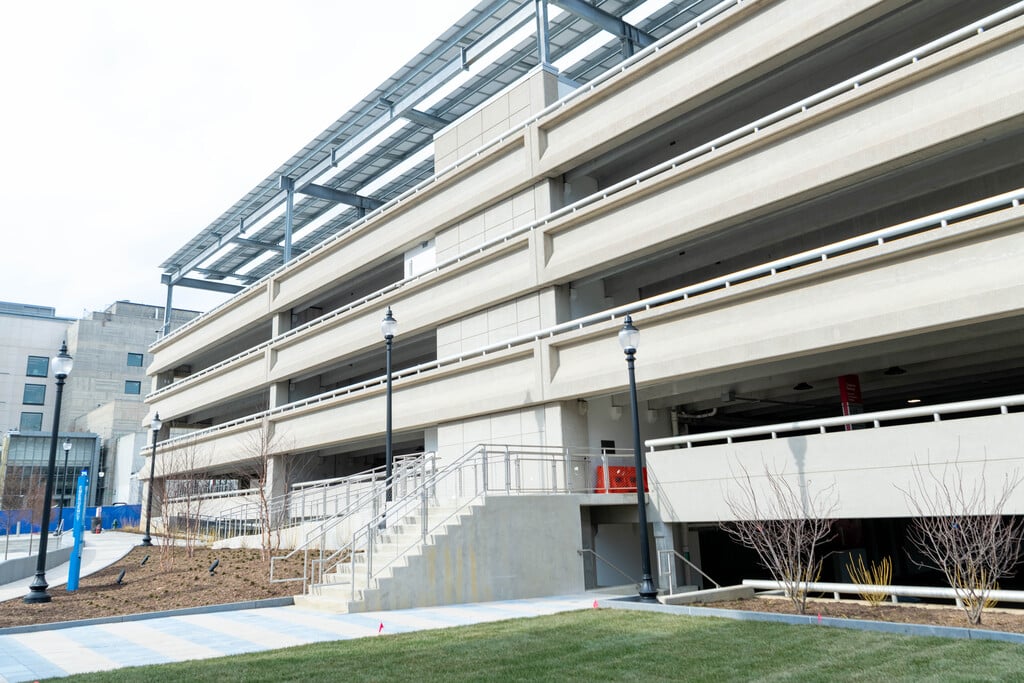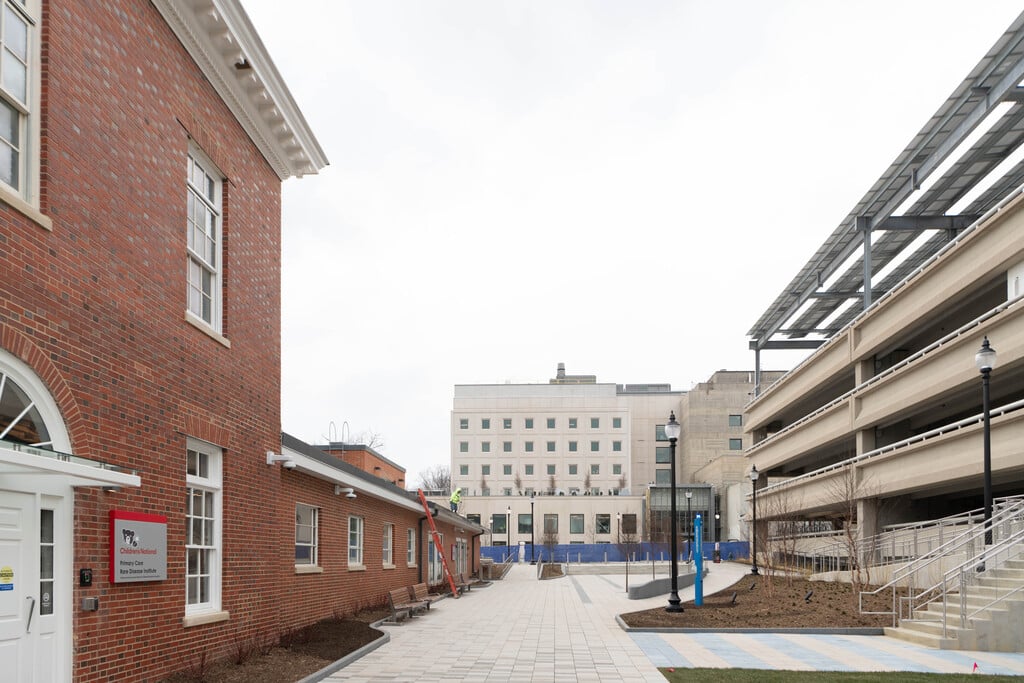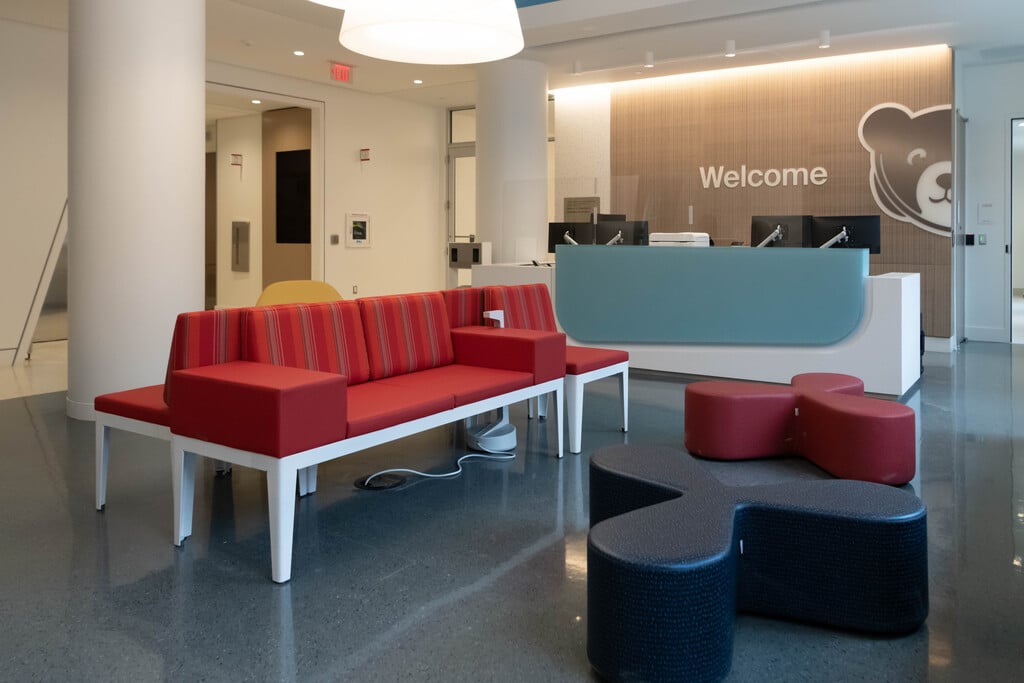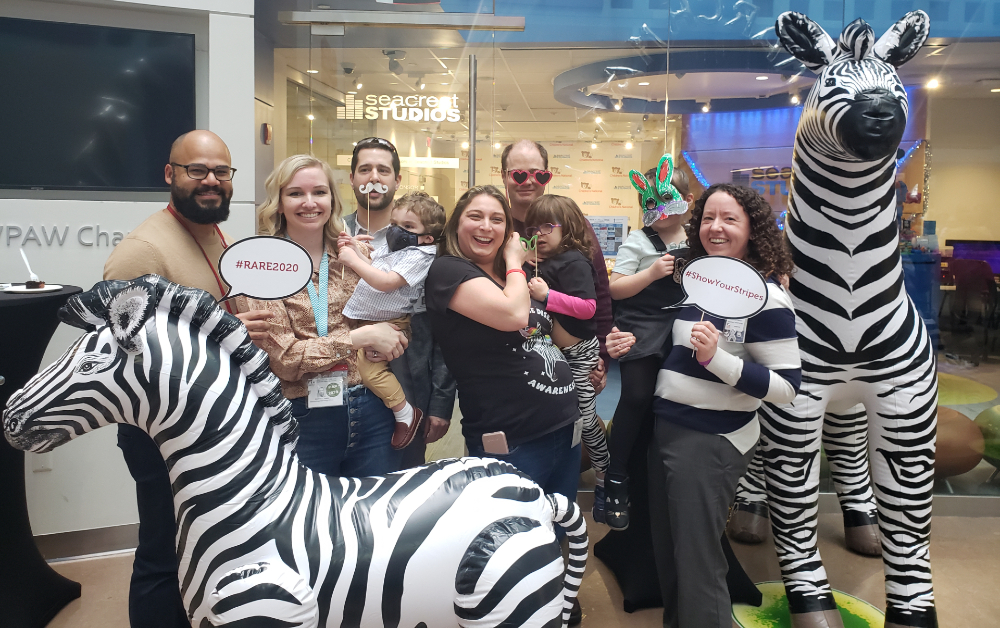
Rare Disease Institute - Genetics and Metabolism

Please note: We are now seeing patients at our new location on the Research & Innovation Campus, 7125 13th Pl NW Washington, DC 20012. View a map of directions to this location (English PDF/Spanish PDF).
Our Providers
Our pediatric specialists provide personalized care for your child’s physical, mental and emotional health needs.
Contact Information
For appointments, call 202-545-2500; option 1.
If your child is an existing patient, you can schedule their appointments online through the MyChildrensNational patient portal.

Children’s National Rare Disease Institute (CNRDI) is a first-of-its-kind center focused exclusively on advancing the care and treatment of children and adults with rare genetic diseases. We provide a medical home for patients and families seeking the most advanced care and expertise for rare genetic conditions that remain largely unknown to the general medical community.
With more than 8,500 visits annually, 12 geneticists, 12 genetic counselors, three metabolic dietitians and eight administrative staff members, Children’s National Hospital is home to the largest clinical genetics program in the United States.
We coordinate the multidisciplinary care of children with genetic, metabolic and undiagnosed disorders in collaboration with primary care physicians and specialists from other divisions at Children’s National. Additionally, every geneticist here works in concert with a genetic counselor to manage both the clinical and practical aspects of treatment. The research interests of our practitioners ensure the most timely and thoughtful care for our patients.
Services We Provide
Inherited Metabolic Disorders Program
Our Inherited Metabolic Disorders Program provides diagnostic testing, evaluation and management for patients with inborn errors of metabolism, as well as definitive testing and treatment for patients identified by newborn metabolic screenings. We are also nationally and internationally acknowledged as a leader in treating urea cycle disorders, genetic syndromes and lysosomal storage diseases. The well-rounded nature of the clinical team also makes Children’s National a noted destination for treatment of rare and ultra-rare metabolic disorders, such as NAGS and propionic acidemia.

Making an Appointment: Information for Parents and Physicians
About our service locations:
Your visit may include:
Members of the genetics team who may work with you may include:
Things to know before your visit:

Make an Appointment with Our Genetics Specialists

Conditions We Treat
Understanding your child's condition is an important step on your treatment journey. Learn about causes, symptoms and diagnosis for a variety of conditions, as well as unique treatments and research being performed at Children's National.

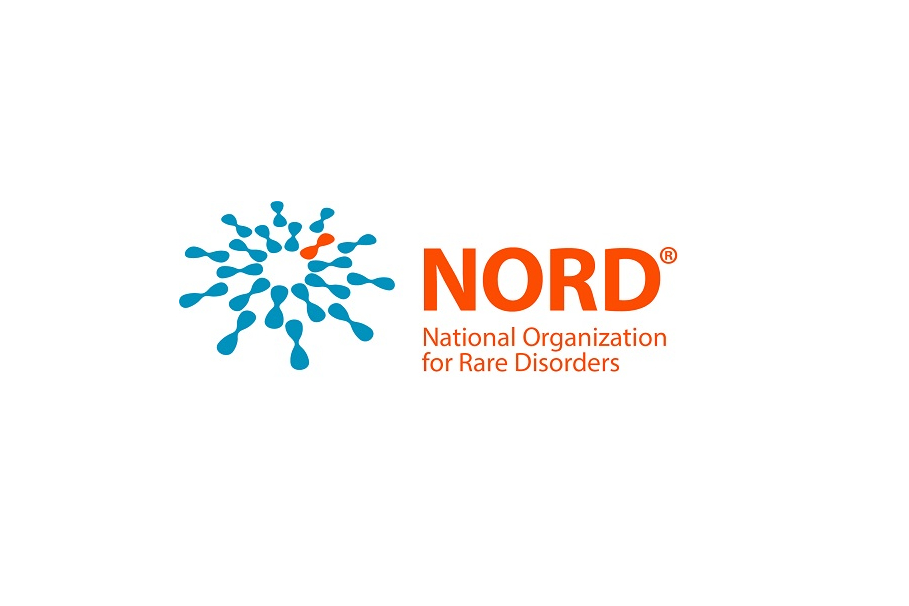
Honored to be a NORD Center of Excellence
Children's National was designated as the first Center of Excellence by the National Organization for Rare Disorders (NORD). This honor recognizes and encourages excellence in clinical care and patient support services for individuals and families living with a rare disease in the United States. Based on the success of our efforts as the pilot for this program, Children's has helped NORD develop standards and tools for this effort and we will remain as the anchor program.
Through this program, NORD aims to:
- Reduce the time to reach an accurate diagnosis
- Improve access to appropriate treatment and quality care
- Ensure patients have input into the development and evolution of clinical care guidelines and treatment protocols
- Increase the availability of data to support clinicians and researchers in the diagnosis and development of treatments for rare diseases
Learn more about NORD and search for rare diseases in its database.

Questions?
Appointments: 1-888-884-2327
Rare Disease Institute Information: 202-545-2500; option 2.
Emergency: 202-476-5000
Inherited Metabolic Disorders Information: 202-545-2531
Newborn Screening: 202-545-2498

Locations
This is a carousel. Use Next and Previous buttons to navigate.
Featured Resources
Rare Disease Research at the Research & Innovation Campus
Research at the Rare Disease Institute, now located at the Research & Innovation Campus, helps families like the Monacos live healthier lives.





